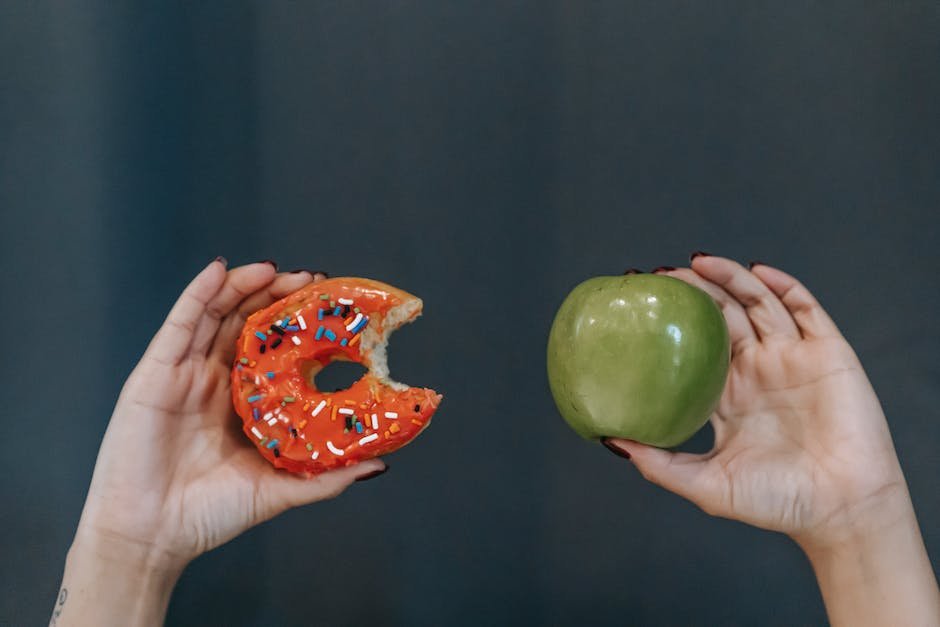Many people ask about when they can eat chips after your wisdom teeth are removed. The best time to let yourself re-enter the chip eating realm is two months at the most three months from when your teeth were extracted.
It really depends on how hungry you are at that moment and what kind of food you have in front of you. If you’re craving something salty, then by all means snack away!
However, make sure to check out our tips below before diving into a bag full of potato chips. They’re very important so don’t forget them!
Reminder: Make sure to drink enough water while recovering as dehydration can affect your oral health. Plus, it takes several hours for everything (including digestion) to occur once you ingest food.
Disclaimer: This article shall not be taken as medical advice or as formal diagnosis nor treatment. It is intended for entertainment purposes only. Seek professional help for your dental and general health conditions.
Thank you again for reading! I hope you enjoyed this post and gave ourselves a rest during this recovery period.
Should you eat chips after your teeth are removed
With wisdom tooth removal, your dentist will likely ask if you want to have some snacks or drinks while you’re healing. This is called eating aftercare.
You should go ahead and start eating as soon as possible to prevent bone loss due to delayed nutrition and intake. But, you don’t need special foods– anything you normally like can be fine!
Once your mouth has healed and your dentition has stabilized, most people enjoy having snacks and meals. So, don’t hesitate to eat whatever you usually would unless you feel uncomfortable doing so.
However, it’s best not to overdo it for the first few days since your digestive system is still working to heal. Make sure to keep an eye on your hunger level and maybe drink more of water than usual to aid in digestion.
Some patients find that they are hungry later, but this depends on the individual.
Can you eat chips after your teeth are removed

Many people ask this question every time they see us, their dentist or oral surgeon. They wonder if it is safe to enjoy salty snacks like potato chips after your wisdom teeth have been extracted.
The answer is yes, you can! In fact, most patients are allowed one piece of bread or toast per day for two days. Beyond that, there isn’t anything wrong with eating chips as long as you don’t mind having some extra plaque!
After the second night, our patients may feel more comfortable adding salt to their food, but remember that too much sodium can be bad so start off with just one small chip and work up from there.
Disclaimer: These articles are intended to inform readers about issues related to health and wellness and are not designed to diagnose or treat any condition, nor offer medical advice. Readers should always check out further information and talk with their doctor before altering any part of their diet.
Tips for eating chips after your teeth are removed
It is important to know when you can eat chips again! Most dentists will give you oral hygiene instructions before surgery, but they often forget to include information about snacks.
So what kind of foods can be eaten immediately after wisdom tooth removal? The following list includes most common food groups and some examples of each. Make sure to check out our article: How To Take Care Of Your Mouth Post-Surgery for more tips!
Junk food like potato chips, bread with butter or mayo, and salty snack items such as pretzels are all allowed one week after extraction. However, it’s better to choose healthier alternatives if possible.
Some people cannot have junk food for one month due to other health conditions. If this applies to you, go ahead and enjoy your favorite chip even though there is no set rule. Just make sure to take it slow otherwise your symptoms get worse!
Disclaimer: This article contains general info that applies to almost every person. However, because medical procedures vary from individual to individual, do not trust information unless it has been verified by a professional in medicine.
Eating chips after your teeth are removed can help you heal
Many patients may be given their first food cue to eat immediately following tooth removal. While it seems like a strong suggestion, this is not always practiced in reality.
It is very important that your oral surgeon gives you adequate time to recover before letting you start eating. This way you will have time to ask questions about what foods are allowed, and how to prepare them!
Many dentists recommend waiting one week until you let people chew again. During this period, you should still wash your mouth out every night using a soft brush and water.
When can you eat chips?
Most doctors now agree that you can eat thin slices of raw potato or baked chip products up to one week following dental surgery. Some even say two weeks!
Thin slicing means only chewing a small piece at a time so there’s less pressure on the healing tissues. However, we cannot allow you to eat any kind of crisp vegetable such as cucumber or onion because they contain too much moisture which could cause bleeding or infection.
Should you get dentures after your teeth are removed

If you’re looking to have some chip and dip, then now is not the best time to do so. This article will tell you when it’s okay to eat chips again!
After a tooth has been lost due to poor oral health or disease, people often worry about whether they can still wear removable dental appliances like dentures. Fortunately, most patients find that their ability to chew solid foods returns within one month– which makes them an appropriate candidate for dental implants.
Dental implants are sometimes referred to as “pontics” because of the resemblance in shape to a crown (the top part) and a bridge (the bottom). Just like natural teeth, dental implants require a stable blood supply and bone structure to function.
We usually don’t lose all our natural teeth at once, so we develop other means to compensate by using prosthetic devices (appliances like false teeth or gum covers) until we can afford better replacements. Unfortunately, many people cannot afford adequate replacement options, so they continue to suffer from weak chewing muscles and pain.
Fortunately, there are alternatives. One option is to retain the remaining teeth with a resin material or a splint. Another is to preserve the soft tissues surrounding the missing tooth by altering the way you feed yourself. These strategies help prevent complications related to eating while waiting for implant therapy.
When should you get dentures after your teeth are removed
The timing of when to replace your missing teeth depends mostly on your lifestyle, personal preferences, and dental health. If you’re very careful about how you eat and drink, you can wait up to two years before replacing your teeth.
However, most people don’t have this luxury. Two of the major factors that determine whether you need replacement teeth right away is if you want to speak clearly and easily and if you desire to enjoy eating certain foods like chips.
If either of these things matter to you, then it’s better to get your replacements sooner rather than later.
Should you get new teeth after your teeth are removed
Many people begin to feel uncomfortable when their mouth is no longer full of teeth. Their mouths feel empty or like they want to be filled with something else — such as chips or food.
Fortunately, there’s an easy way to fix this!
You can replace missing tooth tissues (gums and bone) with fake dental implants. This will give you back some of the space that was lost due to gum disease or because your natural teeth were simply not enough.
However, before deciding if this is right for you, make sure that you have considered all possible outcomes.
Some patients choose to keep their original dentition and just learn to live with less smiley faces. Or they get additional false teeth using either removable or fixed bridges.
Either way works well and does not require any special care beyond cleaning and storing the new prosthetic device.
Will my gum health be affected after my teeth are removed
Following your tooth extraction, you will need to make an appointment with your dentist right away to check your gums. If your mouth is not closed properly or if there was excess bleeding, then your gums may not have had enough time to heal.
If this happens, your dentist can add a membrane to help prevent bacteria from interacting with your bone and potentially causing infection. This process is called guided tissue healing (GTH).
You will be given pain medication as well for the surgery and therefore it is important that you do not eat any of the foods you were instructed to avoid before the procedure until your visit with the dentist two weeks later.


















